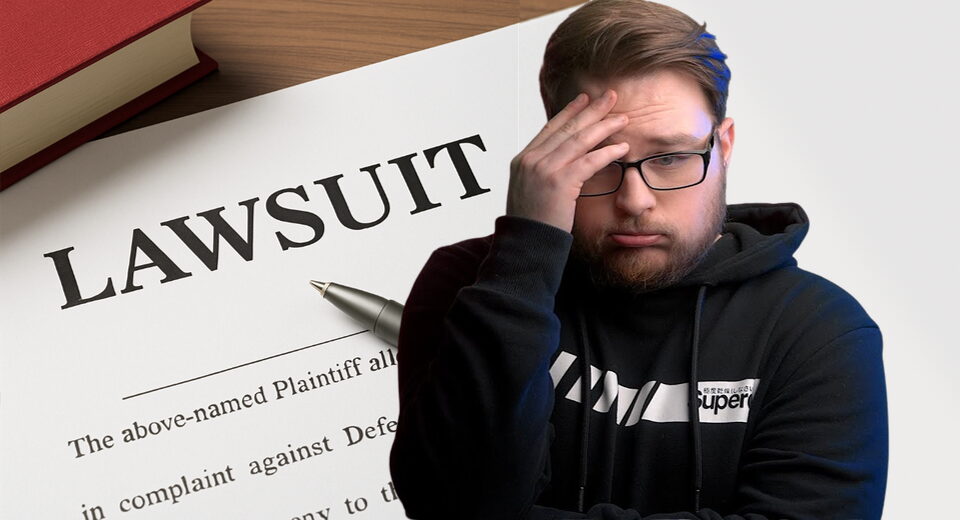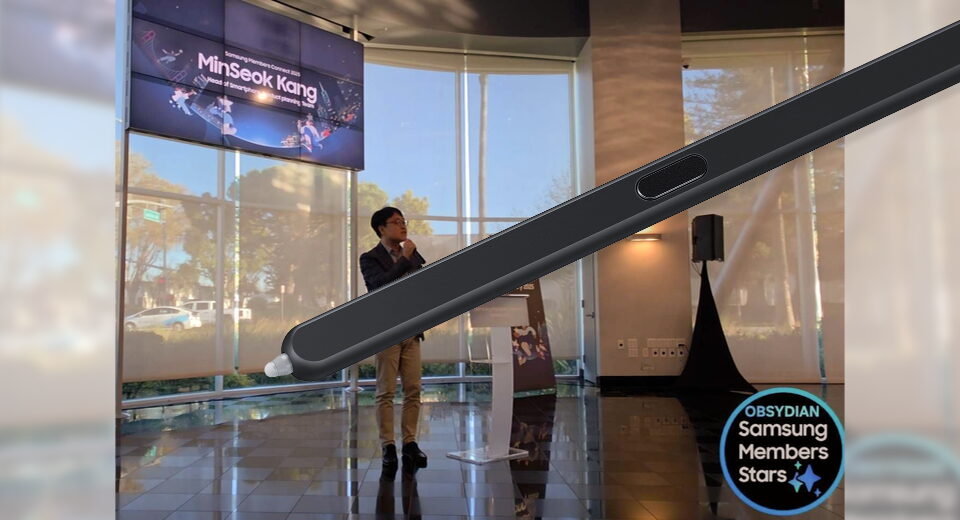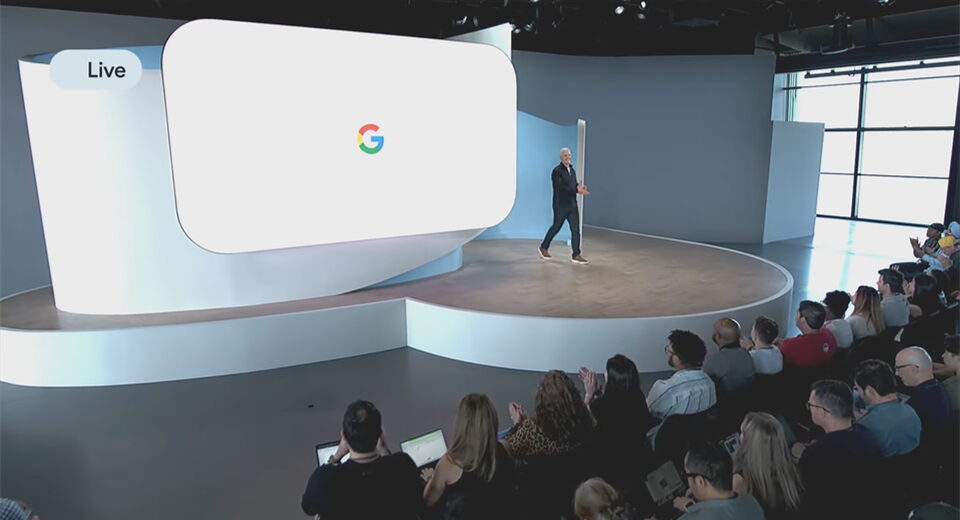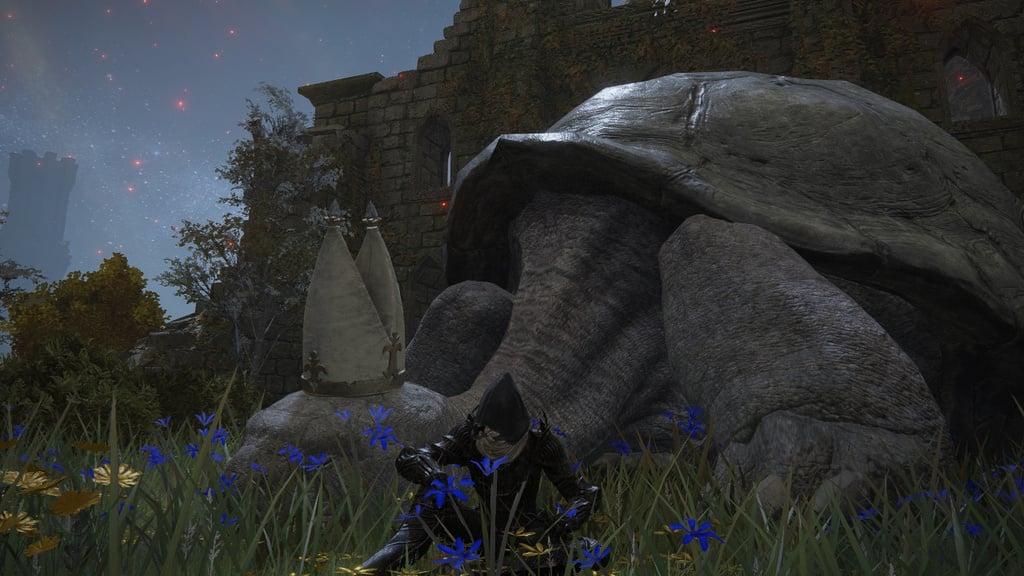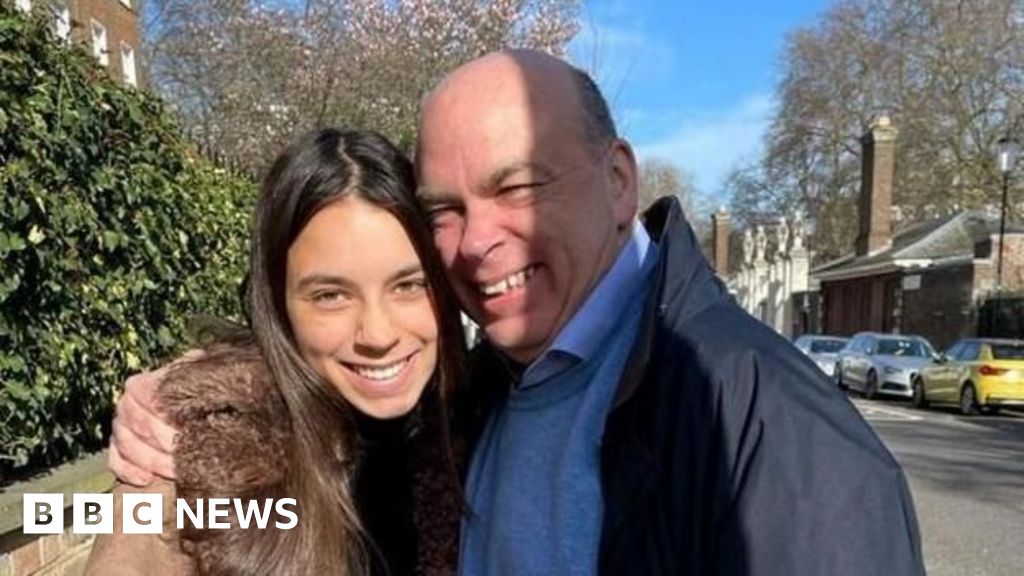Trump’s Student Arrests, and the Lawsuit Fighting Them, Tread New Ground


The four veteran immigration agents who recently took the stand in federal court had at least two things in common. All were career law enforcement officials. And none could remember ever being asked to make arrests like the ones they carried out earlier this year.
The men said they acted on orders handed down from Secretary of State Marco Rubio’s office in March to detain several noncitizen students, including a doctoral student from Tufts University whose arrest was captured on video and garnered significant attention. Mr. Rubio had abruptly revoked their legal status, which cleared them for detention by immigration agents, citing a rarely used law.
The agents’ testimony — given as part of a trial that concluded in Boston on Monday over the Trump administration’s efforts to deport foreign students who espoused pro-Palestinian views — underscored a major theme of President Trump’s return to the White House. The administration’s tactics have no obvious parallel as Mr. Trump pushes the bounds of executive power and defies legal limits to carry out his agenda.
Challenges to his policies are also, by necessity, treading new ground.
The academic associations that sued over the highly publicized wave of arrests in March have said the government targeted those international students in violation of the First Amendment. In court over the past two weeks, lawyers for the associations argued that the Trump administration stretched Mr. Rubio’s narrow power to revoke visas and green cards in order to stifle the speech of the most vulnerable activists and chill political activity on campuses more broadly.
The government dismissed the notion in its closing arguments on Monday, saying the idea of a coordinated policy targeting noncitizen activists is “the product of the imagination and creative conjuring.”
The Supreme Court has already held that noncitizens in the United States have the same First Amendment rights as citizens in several contexts. Still, constitutional scholars and legal experts have warned that it is precisely because the Trump administration’s actions are so novel that the lawsuit carries some inherent risk, as courts have not previously addressed all the potentially thorny legal questions at hand.
The suit fundamentally pits a clear authority, granted to the secretary of state by Congress, against the protections granted to noncitizens under the First Amendment, in a way that has not been tested before. And should it eventually reach the Supreme Court, the court’s conservative majority may be particularly unconstrained by legal history in deciding whether to allow the Trump administration to continue.
“It is risky because obviously the courts might decide the government can deport people because of what they say, and that would be just an incredible setback — a terrifying setback, I would say — for freedom of speech,” said Michael Kagan, a law professor at the University of Nevada Las Vegas. He added that “one reason we haven’t had this test before is because governments did not do this before in the modern era of free speech law.”
In their testimony last week, the four current and former Immigrations and Customs Enforcement agents recalled gearing up to arrest individuals including Mahmoud Khalil, a Columbia University graduate and legal permanent resident, and Rumeysa Ozturk, the Tufts doctoral student, after being notified the students’ green card or visa had been revoked.
Mr. Khalil played a leading role in pro-Palestinian protests on his campus. Ms. Ozturk, a Turkish citizen in the country on a student visa, attracted attention for an essay she helped publish in a student newspaper that criticized university leaders for their response to Israel’s war in Gaza.
The orders advised that Mr. Rubio had relied on a little-used provision of the Immigration and Nationality Act, a 1952 law amended in 1990, that allows the government to deport a person based on speech only after the secretary personally determines that their presence “would compromise a compelling United States foreign policy interest.”
The use of the provision on student activists represented a sharp break from decades of immigration policy. During the Biden administration, Alejandro N. Mayorkas, then the homeland security secretary, formalized a policy promising that a noncitizens’ exercise of First Amendment rights “should never be a factor in deciding to take enforcement action.”
When Mr. Khalil was arrested in March, the first of several similar detentions, 150 lawyers and legal scholars filed a brief arguing that the provision of the Immigration and Nationality Act invoked against him was so vague that it should be found unconstitutional.
“No one outside the Department of State and, perhaps, the president ever knows what our nation’s frequently covert foreign policy is at any given time,” they wrote, quoting from a related Supreme Court case.
A data analysis accompanying that brief found that out of 11.7 million immigration cases logged by the Justice Department since 1990, the foreign policy provision had previously been invoked only 15 times and, even then, typically alongside other charges. In only four cases was the person facing the charge ultimately removed from the country.
Multiple students arrested by the Trump administration were held in immigration detention for months, and have since been released as their individual immigration cases proceed.
Cristina Rodríguez, a professor at Yale Law School, said that Congress had revised the law in the 1990s with the intent of raising the threshold for its use.
“This is a provision in the immigration code that is ripe for abuse because it is so vague,” she said.
Mr. Rubio’s conclusion that multiple pro-Palestinian activists all interfered with U.S. foreign policy was dubious, she added, because in time the government’s argument “could apply to a whole range of speech. It could apply to climate change activism, or any number of forms of speech that we think ought to be protected.”
Civil rights organizations involved in the Boston case or lawsuits brought by individual students, including the A.C.L.U. and the Knight First Amendment Institute, have argued that the Trump administration clearly set out with a goal of stamping out political speech on campuses in a way that could have far-reaching consequences.
“If noncitizens can be deported based on their political speech, then they have no First Amendment rights at all because they must always, always worry that their speech and associations will displease those in power,” Ramya Krishnan, a senior staff attorney at the Knight Institute, said in closing arguments on Monday.
The emerging facts in the case, coming from sworn testimony, suggest that the administration specifically investigated professors and students who had protested against Israel, while claiming publicly without evidence that those individuals had helped rally support for Hamas or terrorist organizations more generally. Hamas, which the United States considers a terrorist group, attacked Israel on Oct. 7, 2023. The Israeli government’s military response in Gaza prompted the campus protests.
Jonathan Jacoby, the national director of the Nexus Project, a Jewish watchdog organization, said the justifications the Trump administration has leaned on closely tracked with strategies laid out in Project Esther, a policy proposal by the Heritage Foundation aimed at undermining the pro-Palestinian movement in the United States.
“These are examples of the Trump administration weaponizing legitimate concerns about Jewish safety, capitalizing on or manipulating Jewish fear to suppress constitutionally protected speech,” he said. “What you see happening in Boston right now is part of that script: They’re saying that pro-Palestinian demonstrations are an expression of support for Hamas.”
The academic organizations behind the lawsuit aim to block the government from continuing to carry out any deportations based on pro-Palestinian viewpoints. But the lawsuit notably does not challenge the foreign policy provision of the Immigration and Nationality Act, or the legal authority Mr. Rubio has claimed, focusing narrowly on the way the administration has exploited the law.
Throughout the trial, the Justice Department has denied that the government ever pursued a deportation policy targeting student activists, and said it made determinations about students on a case-by-case basis.
William G. Young, the judge presiding over the trial, indicated he would need some time to think before ruling.
Ms. Rodríguez said it was important for the academic associations and civil rights groups to pursue the case on First Amendment grounds precisely because of the question of whether Mr. Rubio had worked outside of Congress’s vision for the law. (Judges in other cases have questioned whether the law itself is unconstitutional as applied to individual students.)
But she said the law as it is written gives the government discretion, and it can be very difficult for groups on the outside to prove that the government set out to abuse those authorities in a systematic way.
“They’re using their discretion to go after people with this provision in ways it has not been used before — in fact, I think you could say based on Congress’s amendments in 1990, ways it was not intended to be used,” she said. “It’s just that proving that in court will be challenging.”
What's Your Reaction?
 Like
0
Like
0
 Dislike
0
Dislike
0
 Love
0
Love
0
 Funny
0
Funny
0
 Angry
0
Angry
0
 Sad
0
Sad
0
 Wow
0
Wow
0
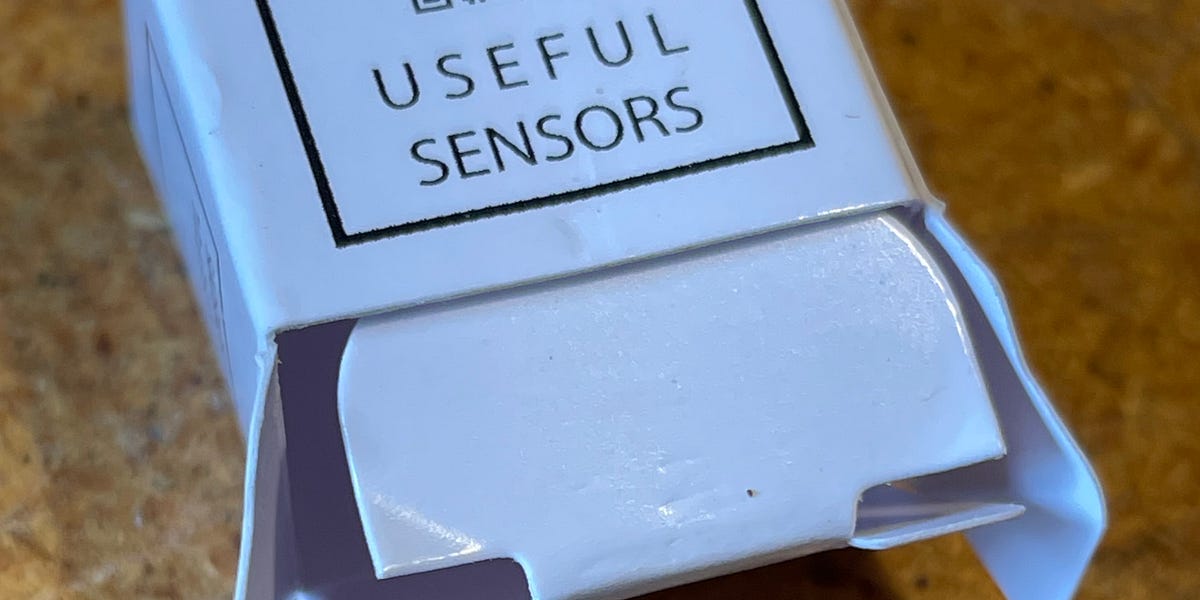

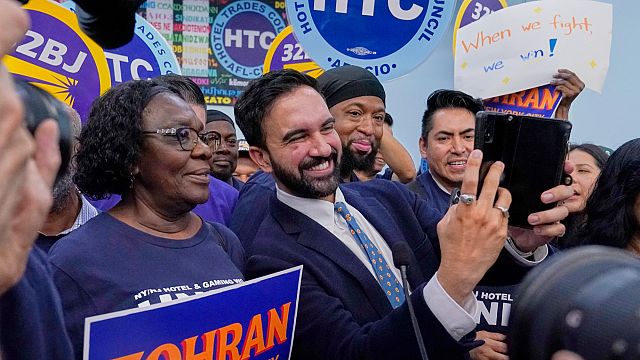
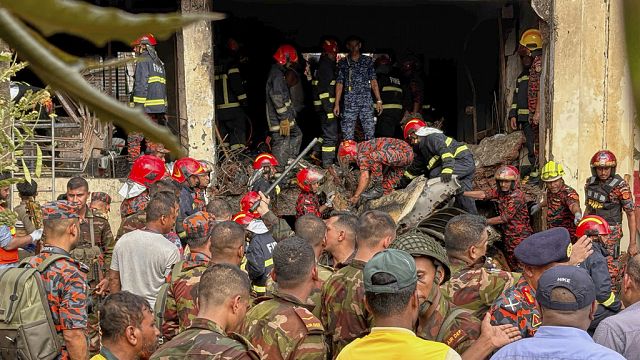

![RDC : accord de Doha, les Congolais entre doute et espoir [Africanews Today]](http://static.euronews.com/articles/stories/09/38/15/81/640x360_cmsv2_2c0586a3-1581-51f0-ba5e-05a4ee4c9cd3-9381581.jpg?1753098215#)








